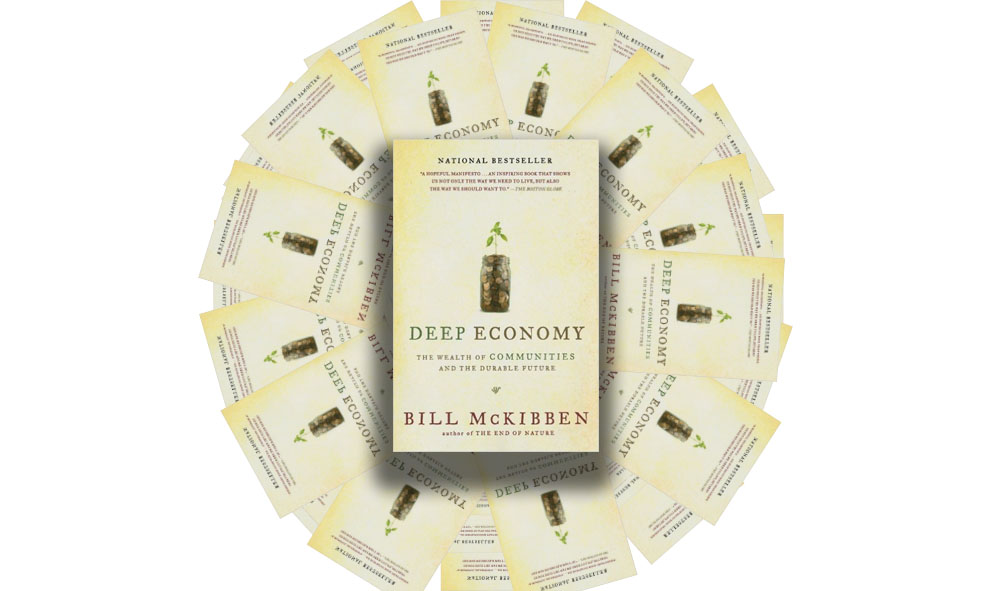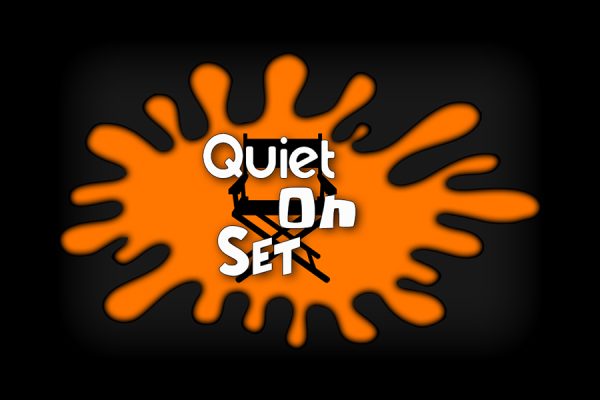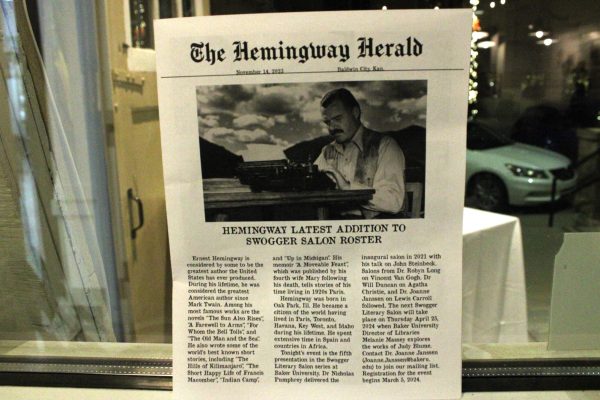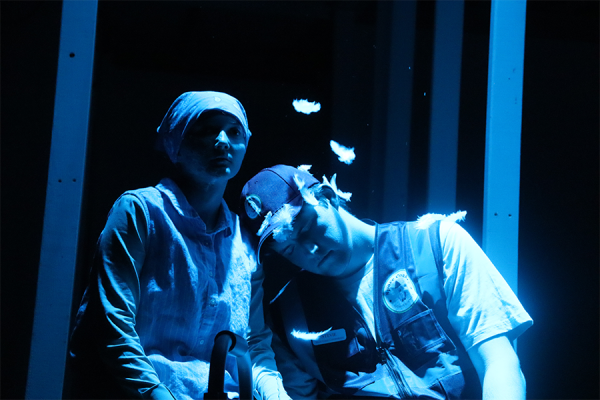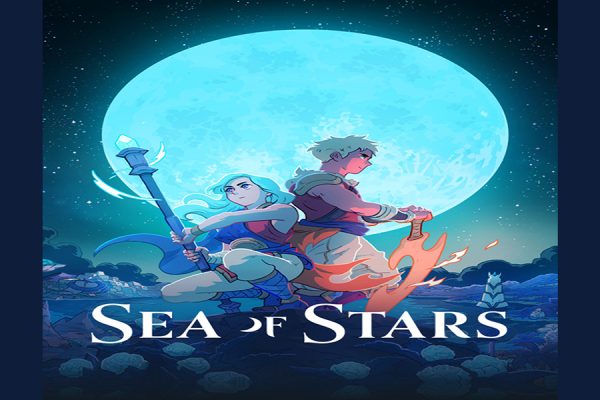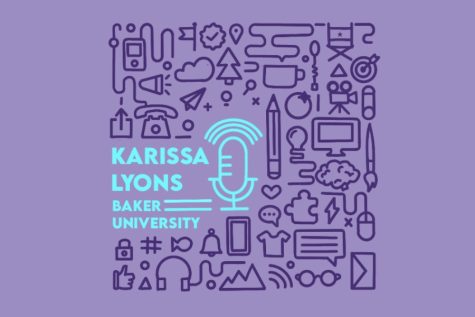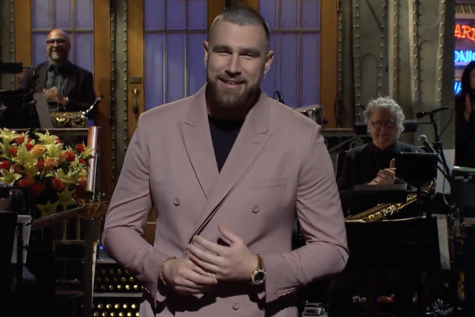2017 common book to feature PDF availability
Graphic by Bailey Horlander.
March 8, 2017
The common reading book for fall 2017 Salon classes will be Deep Economy: The Wealth of Communities and the Durable Future by Bill McKibben.
“I think students will have the common experience of everybody reading the same book, as well as a greater understanding of how energy is produced,” Dean of Students Cassy Bailey said, adding that students will better understand “the environmental burdens of some of our convenience items we have, such as bottled water, and understanding the impact we can have on our community both positively and negatively.”
Unique to this selection, Baker will not purchase books for Salon classes. Instead, students will be able choose to access it through a PDF version, which will be emailed to students, or to purchase a paperback copy.
“Part of this is that we do not want to have the impact of buying books,” Bailey said.
Salon 101 classes have read a common book since 2009. Choosing the book can be a lengthy process.
This year, the committee in charge of selecting the common book consisted of Bailey, Professor of Psychology Tony Brown, Director of Student Life Randy Flowers, Assistant Professor of Biology Scott Kimball and freshman Cordy Wesonig.
“I was chosen by Dean Bailey because we had previous conversations about the environment and the importance of it, and that was the objective of next year’s Salon book,” Wesonig said.
The committee narrowed down the books to four and went through the pros and cons of each.
Deep Economy focuses on how we affect the environment through our different products and tools.
“The more explicit outcome we are hoping for is to become a little bit more aware of our environmental impact as human beings, as college students, as people in Kansas, as people at Baker,” Kimball said. “And to understand how even small decisions that we make might have bigger consequences.”
Fitting to its content, the author of the book is an environmental writer and activist himself.
“Anytime you read someone’s writing, you should consider it in the context of who is writing it,” Kimball said. “This fellow Bill McKibben is a huge advocate for creating a more sustainable nation and world. He has written a lot for mass media including in magazines and newspapers.”
Through learning about the environment, Wesonig hopes that students will become more cognitive and have an open perspective on how our actions affect what is around us.



